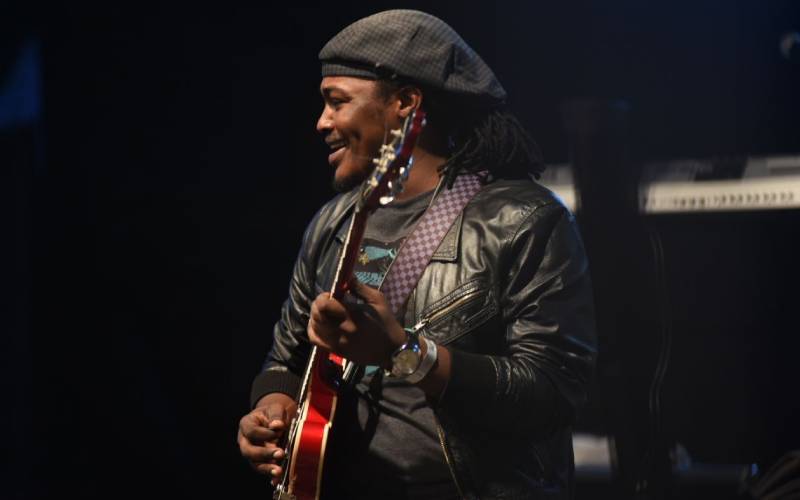
Keyboardist-singer James “Gogo” Jozee: Performed with Isaiah [Katumwa], Hugh Masekela, Jonathan Butler, Koffi Olomide, Papa Wemba, among others: “Safaricom Jazz Festival heightened awareness of the genre. The jazz culture in Kenya is funny because there are people who really love jazz and there are people who say they are jazz lovers, but they don’t know much about it.
They can go to a jazz festival and just sit there and have a drink instead of enjoying jazz. Jazz music is something that you’re supposed sit down and listen to, ‘Which chord is that? What melody is that? What are they saying?’ and things like that, but we are getting there. The [jazz] culture is growing. It’s not that strong, but we are getting somewhere.”